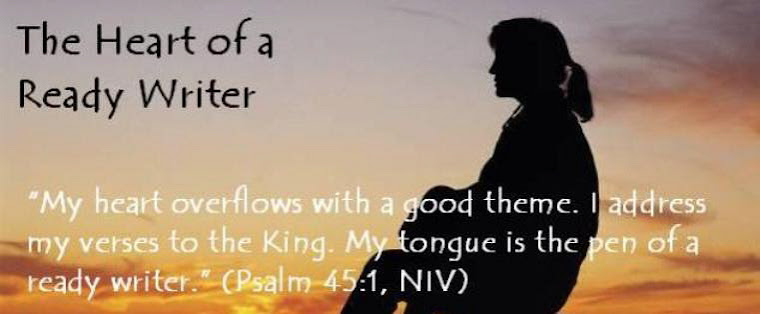Celebrating in Song
(Psalm 122; 124; 133; 134; 135; 136; 138)
In Old Testament times, many of the Lord’s people did not know how to read and write. Of course, Levitical training included literacy skills. Scribes and temple servants learned language and writing. Young men were expected to participate in training in the Scriptures. Still, many of the people were not able to work with written words.
The Psalms represented a verbal heritage of faith, to be passed from one generation to the next. In fact, the entire book of Psalms may be divided thematically into five sub-books, which represent the five books of the Torah (or Pentateuch), the books of Moses.
Psalms 1-41 Genesis
Psalms 42 – 72 Exodus
Psalms 73 – 89 Leviticus
Psalms 90 – 106 Numbers
Psalm 107 – 150 Deuteronomy
For the purposes of our chronological daily Bible readings this year, we are not examining the Psalms in this context, but the structure warrants mention.
Teaching Through Song
Many of us can easily recall childhood Sunday school lessons we learned musically. In kindergarten and elementary school, we may have memorized famous poems, popular quotations, historic speeches and other pertinent information by setting the contents to music.
The Israelites learned Scriptures through song. The Psalms offer an excellent example of faith, tradition and doctrine taught through music.
For example, Psalm 122 is called a song of ascents. Each year, as the Hebrews made their way uphill into Jerusalem to visit the temple, they sang this psalm. The song opens with a familiar phrase:
“I was glad when they said unto me,
Let us go into the house of the Lord.”
Several of the other psalms we read in today’s Bible reading selections were also labeled as songs of ascent. (Look for the tiny subheadings in your own Bible.) Others were sung for centuries as historical ballads and worship choruses.
Even today, we may find many popular hymns and worship choruses based upon these psalms. Over the years, the harp and lute may have been replaced with the harpsichord, the pipe organ, the upright or grand piano, the accordion, the banjo, the zither, the autoharp, the electric guitar and other musical instruments, the Word of God has endured.
British Metaphysical poet John Milton (one of my personal favorite poets of all time) penned a paraphrase of Psalm 136:
Let us, with a gladsome mind,
Praise the Lord, for He is kind.
Refrain
For His mercies aye endure,
Ever faithful, ever sure.
Let us blaze His Name abroad,
For of gods He is the God.
Refrain
He with all commanding might
Filled the new made world with light.
Refrain
He hath, with a piteous eye,
Looked upon our misery.
Refrain
He the golden tressèd sun
Caused all day his course to run.
Refrain
Th’horned moon to shine by night;
’Mid her spangled sisters bright.
Refrain
All things living He doth feed,
His full hand supplies their need.
Refrain
Let us, with a gladsome mind,
Praise the Lord, for He is kind.
Watch and hear “Let Us with a Gladsome Mind” here:
.
.
Modern worship leader and contemporary Christian music artist Chris Tomlin (who was born on May 4, 1972) recorded an updated version of Psalm 136, titling the song “Forever.” Perhaps you will recognize this worship chorus.
.
.
Will you pray with me?
Great God,
Forever the Lord,
How we praise You
For Your enduring love
And Your mercy
And Your mighty power
Without end.
Write Your Word
Upon our hearts today
For Your glory.
Amen.



No comments:
Post a Comment